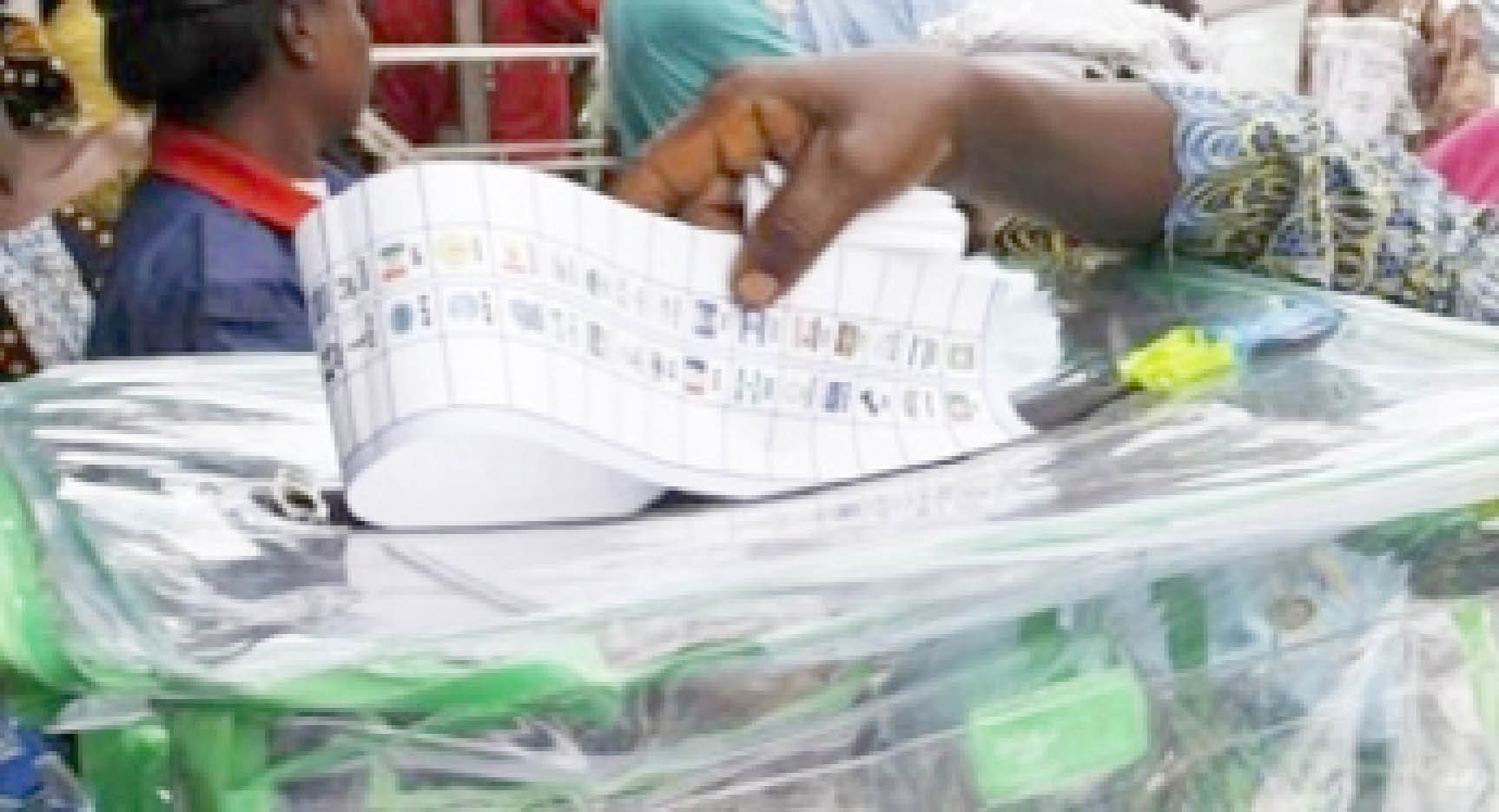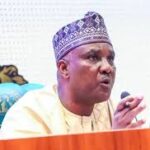By Michael Asikabulu
With over 87 million permanent voters’ cards (PVCs) collected, it appears Nigerians have a date with the long anticipated and historical 2023 general election. Every four years, since the dispensation of democratic rule in 1999, eligible voters have had the opportunity to elect their representatives across board.
Unfortunately, over the years, these ‘elected’ representatives have used their constitutional autonomy in a predatory manner that has and continues to undermine not only the relatively weak state institutions but also manipulates the pre-existing ethno-religious fault lines, which in itself is a constant legitimate threat to our fledgling collective consciousness as a people.
Consequently, since 1999, Nigerians have ‘elected’ two groups of representative or institutional actors, whose actions and inactions have informed our institutional formation over the years.
The first group are the despotic rulers. These groups, as Daron Acemoglu and James Robinson explain, have the tendency to build a despotic leviathan state. Such a state as these authors explained builds structures that facilitate the dominance of the state over society. In turn, society becomes increasingly impaired and unable to organise and contest power.
- We won’t work until our allowances are paid, Kano INEC officials protest
- BREAKING: FCT PDP chairman dies on Election Day
In other words, the configuration of state-society relations reflects a trajectory of imbalance between capacities of state and society underpinned by lack of accountability to checkmate state power (Acemoglu, D. and Robinson, J. (2022). Non-Modernization: Power–Culture Trajectories and the Dynamics of Political Institutions. Annual Review of Political Science, 25: 323–39. https://doi.org/10.1146/annurev-polisci-051120-103913).
The second group are the absentee rulers with the tendency to build an absent leviathan state. In practice, this is the converse of the previous group. In the absent leviathan, state-society relations are configured in such a way that the interest and the power of the dominant ruling class is relatively stronger than the state. Importantly, the rulers are somewhat lackadaisical and relatively weak in governance, which prevents political hierarchy and strong state institutions from emerging. For example, Obasanjo’s regime fits the first group, while Jonathan’s tenure reflects the second group. Meanwhile, Buhari’s regime straddles between the first and second group.
Notwithstanding, this election provides a pathway for Nigerians to elect a new group – the shackled leaders. As Mkandawire puts it, such leadership across board crystalizes the idea that “the state must have some social anchoring that prevents it from using its autonomy in a predatory manner and enables it to gain adhesion of key social actors” (Mkandawire, T. (2001).
Thinking about developmental states in Africa. Cambridge Journal of Economics, 25(3), pp.289-314). Said differently, Nigerians must set aside their ethno-religious sentiments and differences, and elect leaders who they can rein in, and whose ideals and political will are driven and shaped by a relative state-society balance. In fact, these leaders are imperative in the building of a shackled leviathan state underpinned by democratic institutions, providing mechanisms for accountability, protection, economic dynamism, and social opportunities for agency for individuals to critically engage in the country’s development.
Without the election of this new group, I dare to say that the actualization of an inclusive and a democratic Nigeria, as we aspire to build, is farther away. Therefore, the onus is on every Nigerian to place the country first, above all else, to elect leaders with integrity, character, honesty, and the agility for the service to the nation.
Asikabulu is an MPhil Candidate in Development Studies at the University of Cambridge United Kingdom and a Member of St. Edmund’s College Cambridge. He holds an MA in Organisational and Institutional Studies from Wits University, South Africa.

 Join Daily Trust WhatsApp Community For Quick Access To News and Happenings Around You.
Join Daily Trust WhatsApp Community For Quick Access To News and Happenings Around You.

